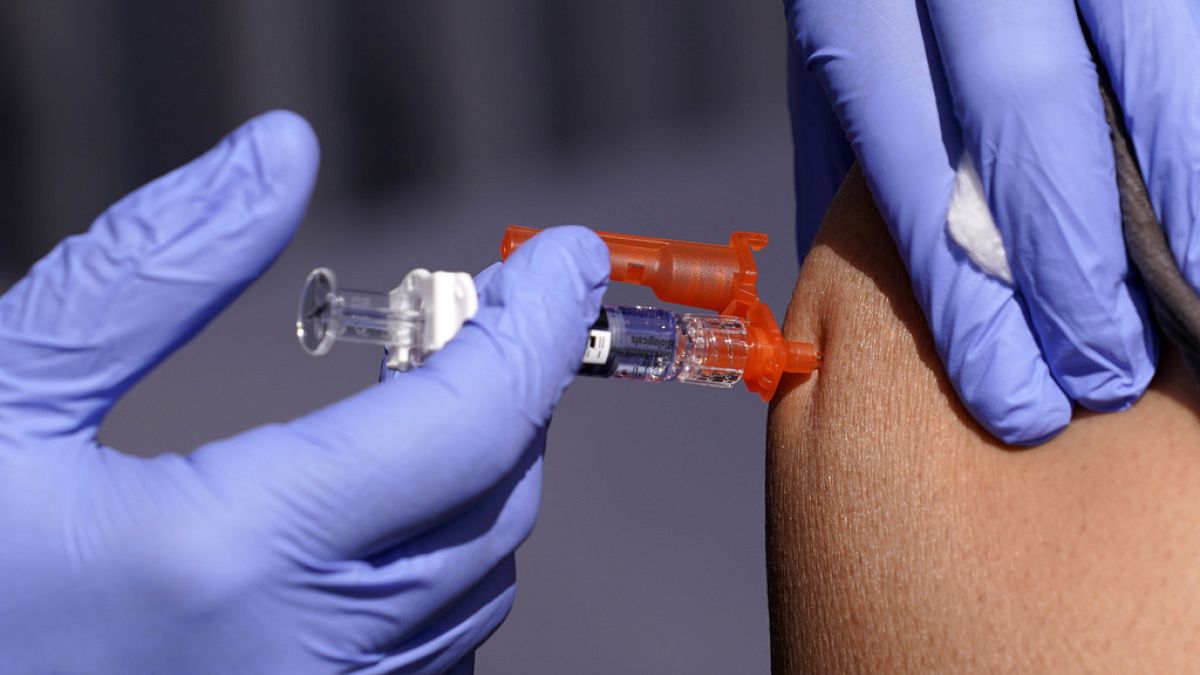Most cancer patients in England now diagnosed at an early stage

With more people being screened for cancer than ever, the share of diagnoses made at an early stage has risen, the data shows.
The number of English cancer patients being diagnosed at an early stage is at its highest-ever level, according to new data that indicates the number of people being screened for cancer is also on the rise.
Between September 2023 and August 2024, 58.7 per cent of the approximately 206,000 cancers diagnosed in England were identified at either stages one or two, according to the report from the National Health Service (NHS), which focused on 13 common cancers, including breast, prostate, and lung cancer.
Compared to pre-pandemic levels, that represents an additional 7,000 patients whose cancer was caught early before it had spread to other parts of the body, making it easier to treat.
“Lives are saved when cancers are caught early – and following a major drive on early detection in recent years, it’s really encouraging to see more people than ever are now being diagnosed at an earlier stage,” Cally Palmer, NHS England’s national cancer director, said in a statement.
Overall cancer survival rates are slightly lower in England than in the rest of Europe.
In England, 47 per cent of men survive at least five years, compared with 50 per cent across Europe, while for women, those rates are 53 per cent in England and 58 per cent across Europe, according to Cancer Research UK.
As part of a plan to get 75 per cent of cancers diagnosed at stages one or two by 2028, the NHS has been shoring up its cancer screening campaigns to encourage people to get tested before they show symptoms, particularly those at higher risk due to genetic or lifestyle factors.
Notably, however, a growing share of cancer cases in official records are missing data on their diagnosis stage, according to the UK-based think tank Nuffield Trust.
In January 2023, 34 per cent of cancers had no information on the diagnosis stage.
People living in more affluent areas are also more likely to receive an early cancer diagnosis – and have higher survival rates – than those in more deprived regions.
Even so, cancer screenings are on the rise overall. Between November 2023 and October 2024, more than three million people received “urgent” cancer checks, the new NHS data shows, a year-over-year uptick of about 100,000 and an increase of more than 700,000 compared to the pre-pandemic period.
Beyond screenings, the NHS also wants people to hear back more quickly about whether they have cancer or not.
In March 2024, 77.3 per cent of patients who were either screened for cancer or urgently referred for testing by their general practitioner were either diagnosed or had cancer ruled out within 28 days, according to the Nuffield Trust.
Palmer said that “with new treatments being made available all the time, we will continue to do all we can to get people seen and treated for cancer as early as possible”.
World News || Latest News || U.S. News
Source link



